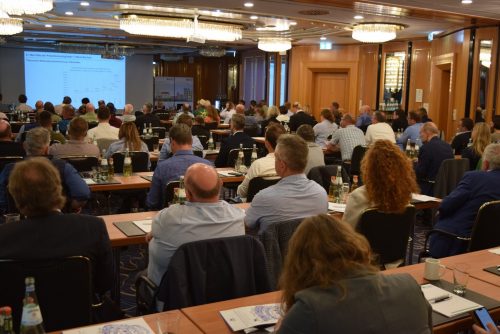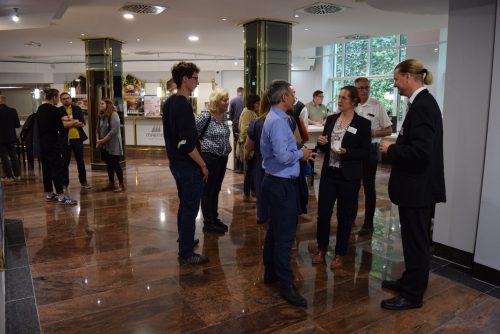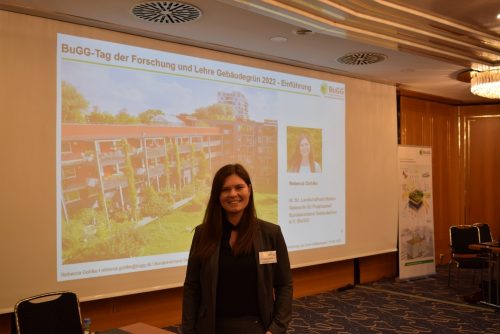The Edible City Project is presented at Envirofest 2022 in Tunisia
An awareness action on the edible city concept of the EdiCitNet project was carried out by the project team within REACT in collaboration with the project “To preserve in herbarium the flora of Tunisia and to work out a tool of assistance to its identification: FEM/SGP” in the framework of Envirofest. The activity was aimed at children under the title “Let’s learn botany by playing”. The children were asked to guess and define seeds and plant parts while closing their eyes. They had to (i) define the name of the plant and/or seed, (ii) identify if it was a vegetable, spice or fruit while using their other senses: touch, smell and taste. This activity allows them to develop their sensory abilities towards the plant world, to create other links with plants and to identify/visualize plants daily used in our food. Seeds of spices (Coriander, Caraway, Cumin), vegetable seeds (Pumpkin, Corn, Carrot, Parsley, Chard) and aromatic plants (Jasmine, Thyme, Rosemary) have been carefully selected for this event. The exercise is not easy for the children. Expressions of astonishment, surprise and curiosity were complemented by questions that were often abundant. Laughter broke out throughout this highly appreciated awareness activity. Samples of seeds (pumpkin, corn) were distributed to the children with explanations on the steps to follow to sow them since it is the right season for planting.







